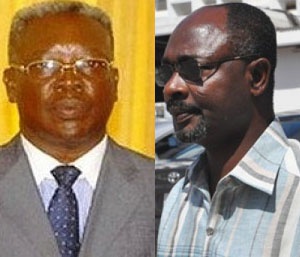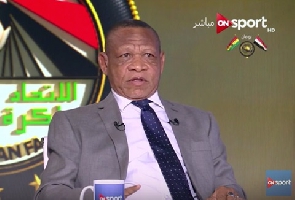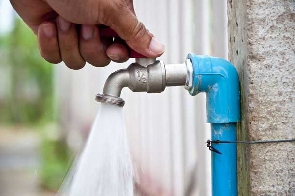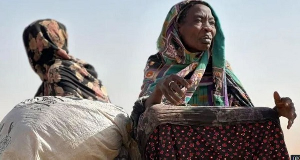For about a year or so, Ghanaians have been inundated with news about how individuals and companies were paid huge sums of money from state coffers in what has been termed as judgment debts.
Notable among them were payments made to CP (€94 million) and the never-ending case of GH¢51.2million given to the self-styled National Democratic Candidate (NDC) financier Alfred Agbesi Woyome, all of which many believe were dubious and frivolous.
As the debate over the legitimacy of the huge payments rage, a group of young professionals who formed the Centre for National Affairs (CNA) set out to investigate the judgment debt saga and have come out with startling revelations about how government officials are even refusing to execute a court order that has been entered in favour of the country.
According to the CNA, what was disturbing about the situation was the fact that they were the ones that notified President John Dramani Mahama about a €3 million judgment that Ghana won at the Centre for Settlement of Investment Disputes at the International Arbitration but because some top functionaries of the NDC were in bed with officials of a German company that went to the court in London to demand €140 million from Ghana but failed, the government had dragged its feet in filing to get the money.
“This is a tip of the iceberg. The 3 million Euros is one of many cases we have investigated that our government has been asked by courts –both local and international—to make counter claims but they have refused for reasons best known to them. In fact, we have one classic case where about $70 million has been awarded to Ghana but the government is refusing to claim because that company is close to leading members of the government.
“We are ready to pay dubious judgment debts but where we have also won cases, they are refusing to file to claim because it might affect their cronies,” Rocky Obeng, a policy analyst at CAN, said.
Giving the chronology of events at a news conference in Accra, Mr. Obeng said, “We have always wanted to keep this to ourselves and assist the government to retrieve Ghana’s monies but we realised that the attitude of some government officials and state institutions mandated to do the job leaves much to be desired.”
He said even before President Mahama, in early September, called on the civil society to demand accountability from the government, the CNA had already written to him to tell him about the action taken by the German company called Gustav FW Hamester GmbH & Co KG who owned an entity called West Africa Mill Company (WAMCO) in Ghana, to ask the Court of Arbitration to order Ghana to pay them €140 million for breach of an international agreement.
The CAN said the then NPP administration challenged the Germans in London 2007 even though before the process started the Germans had requested an out-of-court settlement which Ghana refused.
“The process was still on course when the NPP left office and the then Attorney General Betty Mould Iddrissu continued till the case was concluded. The court delivered its judgement in 2010 and in dismissing the Germans’ claim, described the claimant as a fraudulent entity managed by fraudsters.”
The CNA said per the judgement, all that the government needed to do was to raise all the invoices and receipts to enable the court to enforce the counter-claim filed by the NPP regime.
Mr. Obeng said that when the CNA wrote to the President, he ordered the Economic and Organised Crime Organisation (EOCO), formerly Serious Fraud Office, in a letter to collaborate with the analysis group to get to the bottom of the matter and the EOCO duly invited them to assist in the investigation.
According to the CAN, they got a shock of their lives when on one of their visits to the office of the EOCO, they saw a letter on the docket personally signed by President Mahama asking the anti-corruption body to drag the investigations until the December 7 general elections.
According to them, the President had asked EOCO officials to specifically work with the CNA in a manner that ensured that the particular issue did not find space in the media for discussion until after the elections.
Mr. Obeng said as a result of the president’s action, they were discouraged from assisting state institutions to fight corruption but added that the “frustrations and manipulations” would never stop them from fighting corruption in the country.
General News of Monday, 17 December 2012
Source: Daily Guide













